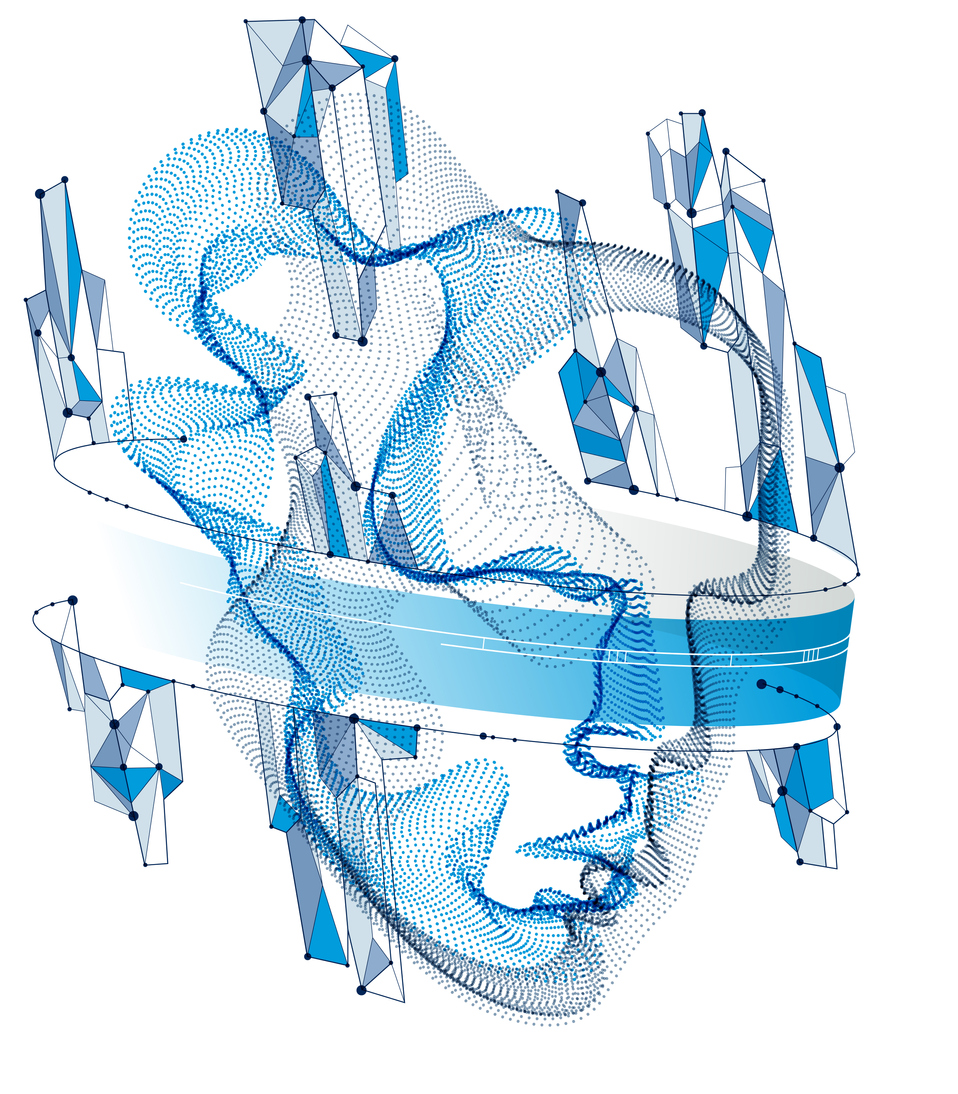New Mindsets for High Performance Organic Structures
Leadership Blog | 4 minute read

Written by Achieve Breakthrough

Increased volatility, uncertainty, complexity and ambiguity in today’s business environment is driving many organisations to consider new more flexible organisational structures. Matrix management has become mainstream with at least 90% of Fortune 500 and FTSE 100 businesses operating some kind of matrix. But this too is evolving with more organic and fluid approaches constantly being explored and implemented. However, whatever the structural model adopted, success has more to do with the mindset of leaders and teams than with the model itself. The advantages of these more dynamic structures are clear, but without transformation in thinking and mindsets of those working within them the predicted benefits may be hard to deliver.
Organic management structures can be challenging and uncomfortable. Frequent change, isolation and separation from those that share your skills and experience can be disconcerting. Individuals can become defensive and siloed thinking reinforced in direct contradiction to the purpose of these fluid cross-functional structures. Organisational development should focus both on team and individual dynamics to get the best out of flexible structures.
Leading without authority
Core to success in these modern organisational models is the ability to lead without authority and to embrace shared leadership. In traditional command and control structures teams followed leaders due to their position at the top of an accepted hierarchy. In today’s organic structures leaders need to develop and practise different forms of power. Different individuals may lead on different occasions and in different ways. The flexibility to thrive in these scenarios depends on the organisation, and the individuals, embracing new ways of thinking and being at work.
The first is to take full personal responsibility for shared commitments. Even as a sector or function specialist or business partner within a wider team it is vital that individuals are committed to the overall goals of the team. Remaining within the safety of a specialism limits engagement and closes down opportunity. Multi-disciplinary teams are successful when a culture of generosity is engendered. Rather than worrying about how you show up as an individual or representative of a function or department, take the brave step to embrace uncertainty and the areas where you are not expert to broaden contribution. Switching to a mentality of full commitment, doing whatever the team needs, empowers individuals and creates energy.
Risking radical candour
Leaders empower those around them with boldly declared commitments to which they continuously enrol individuals by listening carefully to the little voices of team members. This leadership without authority encourages others to step outside of their comfort zone and commit to the success of the team. But others must be willing to take up this challenge and bring their personal power. Engaging a growth mindset that not only looks for opportunities to learn but is willing to risk vulnerability underpins success. Being comfortable with ambiguity and recognising that no one has all the answers fosters collaboration. Radical candour about the limits of expertise, combined with a mindset that actively looks for ways to deploy personal attributes in the service of the team’s commitment, opens the door to deeply fulfilling participation.
Contribute personal power
Encouraging and supporting every team member to bring their whole self to work each day is the foundation of any effective multi-disciplinary team. People should be respected for their complete contribution, not as one-dimensional ‘experts’ fulfilling a narrowly specified function. Trust lies at the heart of this. Stripped of the assurances that come with defined roles, trust flows from the shared responsibility everyone takes in declared commitments. Working through breakdowns together highlights unexpected contributions and new ways of approaching challenges. Transforming concerns into requests, avoiding blame and commentary, and focusing on collective learning helps avoid the conflict and finger-pointing that frequently blights multi-disciplinary teams. Effective shared leadership derives not from passive expectation of influence because of what you do, but a proactive contribution of personal power because of who you are. The focus shifts from ‘Can I trust you?’ to ‘How am I trustworthy?’
Creating high-performance from fluid multi-disciplinary teams means instilling empowered responsibility across all members of those teams. The foundation is an environment where everyone feels safe to bring their whole self and contribute fully to work they believe in which aligns with their values. Delivering this requires a breakthrough mindset within individuals and collectively across the team. It is not easy. One of our partners described the challenge for organisation development teams as creating the stage for teams to perform on, empowering them to find and pick up the microphone, and encouraging them to sing their best song.
If you’d like to learn more about how we can help with each of these tasks, please get in touch.
Published 24/02/2022
Subscribe by Email
Achieve more breakthroughs. Get expert leadership ideas, insights and advice straight to your inbox every Saturday, as well as the occasional bit of news on us, such as offers and invitations to participate in things like events, webinars and surveys. Read. Lead. Breakthrough.
Tags
- Attracting talent
- Behaviour change
- Blended Learning
- Breakthrough Thinking
- Business partnering
- Career planning
- Change management
- Collaboration
- Communication
- Competitive strategy
- Creativity
- Decision making
- Developing middle management
- Developing millennials
- Developing talent
- Employee engagement
- Entrepreneurship
- High performing teams
- Hiring
- Human Resource Management
- Innovation
- Leadership development
- Learning technology
- Managing people
- Managing uncertainty
- Managing yourself
- Mergers & Acquisitions
- Mindset
- Motivating people
- Negotiation
- Organisational culture
- Organisational development
- Organisational values & purpose
- Performance management
- Productivity
- Programme Management
- Retaining talent
- Strategic thinking
- Strategy
- Strategy execution
- Succession planning
- Team development
- Work-life balance
Related posts
Leadership Blog
Why organisational agility starts with mindset, not operating models
Achieve Breakthrough | 17/02/2026
Leadership Blog
Curiosity as culture: The social glue of high-performing teams
Achieve Breakthrough | 10/02/2026
Leadership Blog
Why better questions build better teams: The cultural case for curiosity
Achieve Breakthrough | 03/02/2026
Leadership Blog
Leading with the handbrake off: Why curiosity is a strategic operating system for uncertainty
Achieve Breakthrough | 27/01/2026
